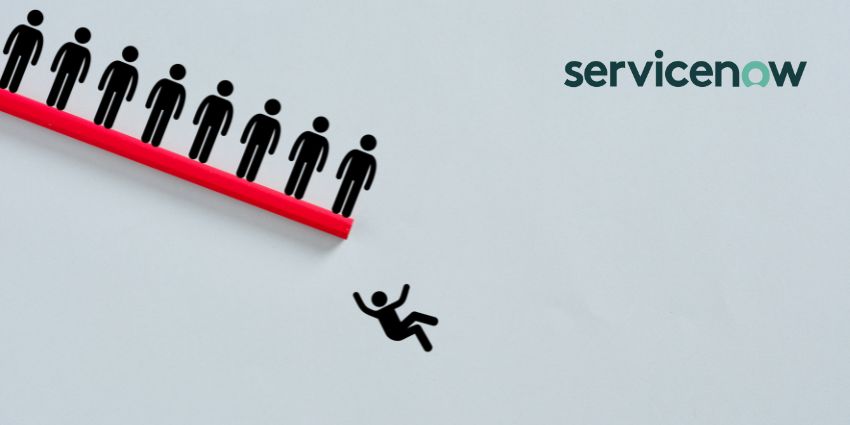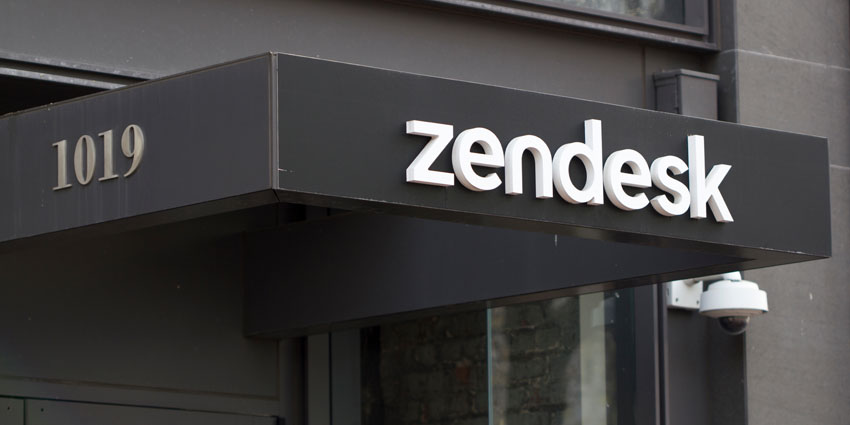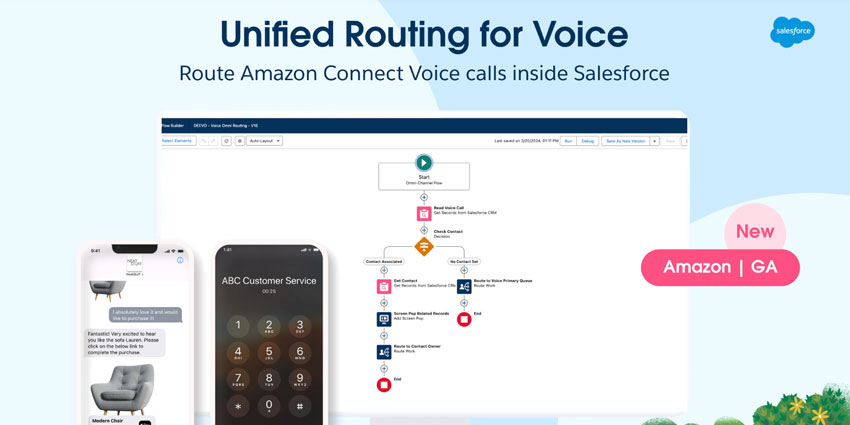The Salesforce Einstein Copilot will become generally available on February 12, 2024.
Thereafter, clients may leverage a virtual assistant that sits inside each of the vendor’s CRM apps.
In doing so, they may ask the Copilot questions and give instructions via natural language prompts.
The Copilot then retrieves answers and completes workflows, which may cross Salesforce Clouds.
That is the big differentiator: the Einstein Copilot doesn’t stay inside one function. Salesforce customers may use Flows to set up cross-department processes, which the Copilot carries out.
As such, Salesforce pulls together data and teams from service, sales, marketing, and commerce for a more cohesive customer experience operation.
Liz Miller, VP & Principal Analyst at Constellation Research, made this observation in conversation with CX Today. She stated:
[At Dreamforce,] what I wanted to stand up and cheer about was Salesforce’s ability to show how Copilot not only helps the individual but how it also helps that individual fit into a broader customer experience strategy.
Moreover, Salesforce allows customers to customize their virtual assistants with the Einstein Copilot Studio – which is essentially a library of jobs that Copilot can perform.
With this, businesses may pick and choose new capabilities for Copilot and leverage GenAI at a pace that best suits them.
In addition, customers can utilize a playground environment to test, learn, and embed these actions into their Copilot.
All this will become available in little more than a month’s time as part of the Salesforce Spring ’24 Release – alongside a new Prompt Builder.
The Prompt Builder allows Copilot users to create custom prompts and define new tasks for the virtual assistant to perform, which are unavailable in the Studio.
Possible examples include building a prompt that creates custom text for drafting product descriptions, case summarizations, and more.
Further Headlines from Salesforce’s Spring ’24 Release
Unsurprisingly, much of the Spring ’24 release centers on new AI features. In Service Cloud, the most eye-catching is the Service Cloud Einstein: Search Answers capability.
Search Answers auto-generates the most accurate and relevant answers to agent and customer FAQs – citing the contact center knowledge base.
Moreover, the feature indicates the knowledge article it leveraged in its answer, which agents can access via a handy link if they want further information.
Available within the Community Portal or Agent Console, the feature “will ultimately deflect more cases” – according to Salesforce.
Other notable new functionalities within the Spring ’24 release include Einstein Copilot: Sales Actions and Commerce Concierge.
The former strives to empower sellers to increase their productivity “at every step of the sales cycle” – as they engage in customer research, create meeting follow-ups, and update the CRM.
Meanwhile, the Commerce Concierge offers GPT-powered, personalized product recommendations and allows customers to reorder items from previous purchases.
Through all of this innovation, Salesforce has three central objectives:
- Bring conversational AI to any workflow, user, department, and industry with Copilot.
- Accelerate work with AI and automation.
- Safeguard sensitive customer and company data with Einstein’s Trust Layer.
The first two objectives are also obvious in its recent acquisitions of Airkit.ai, the low-code bot-building platform, and Spiff, the compensation management solution.
While they’re AI-fueled, these offerings are highly composable and allow businesses to orchestrate their preferred customer and agent experiences instead of following what the vendor had imagined.
Expect this composability focus to continue as Salesforce strives to deliver more value from all the powerful AI and automation capabilities it’s sure to release throughout 2024 and beyond.








